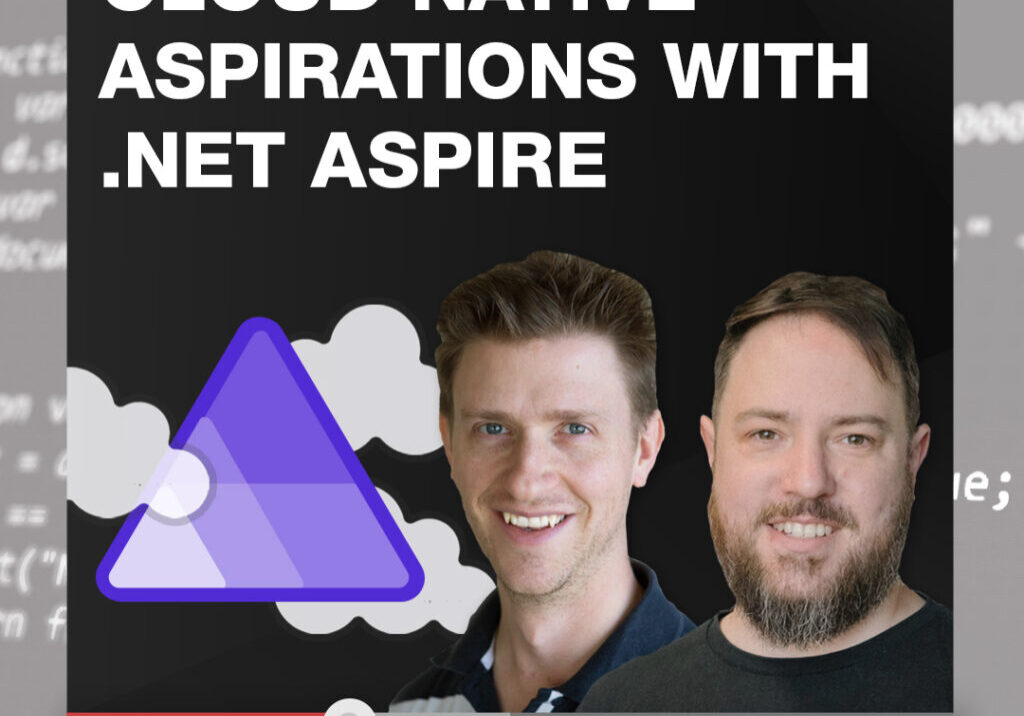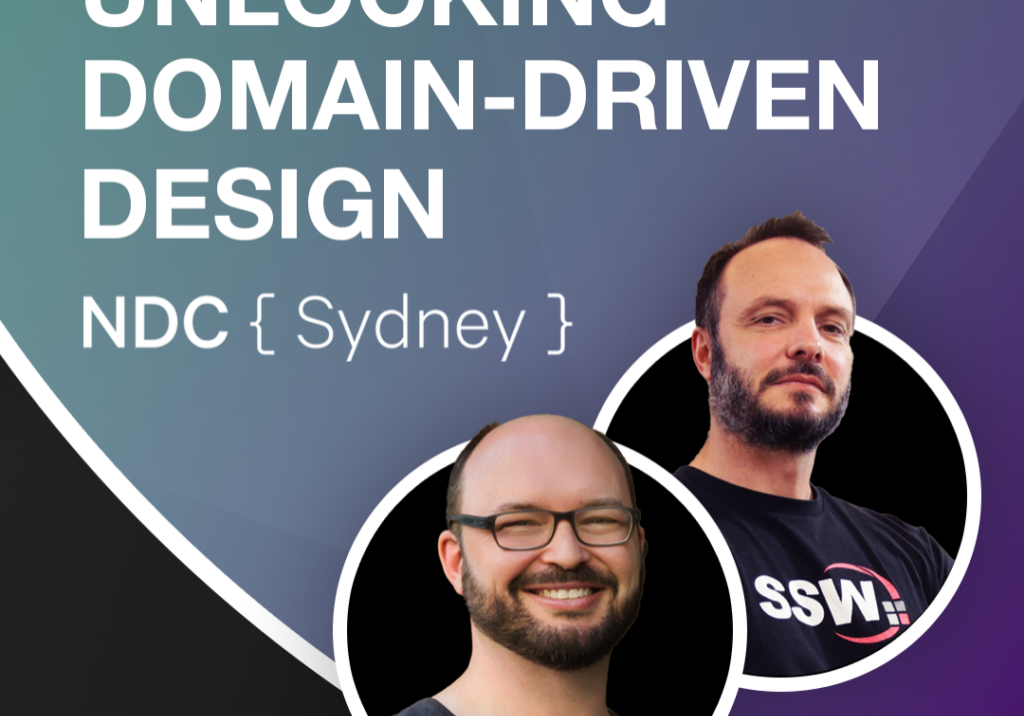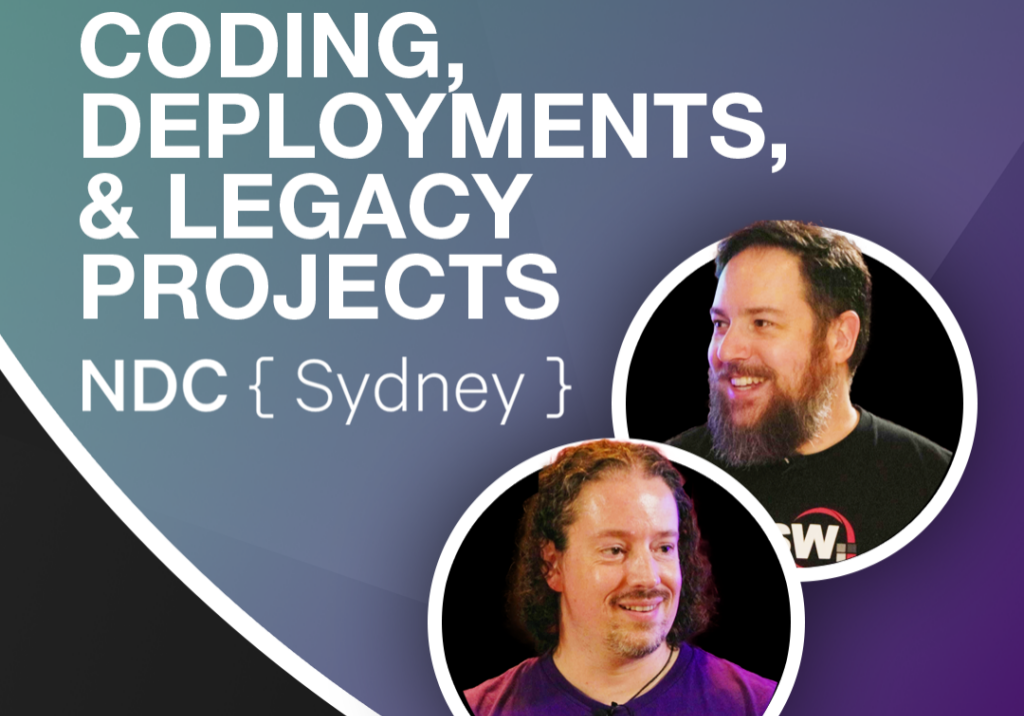Let’s do some polyglot programming. We’ll create a modern system diagnostics tool called HAL (Hardware Assistant that Learns). We’ll combine Rust’s system-level performance, Python’s AI capabilities with AutoGen, a multi-agent framework, and Blazor’s modern web interface into a cohesive application.
Key Takeaways: Inter-process communication between Rust, Python, and .NET Understand when and why to use different languages in AI applications Learn to implement Microsoft’s AutoGen for multi-agent AI systems
00:00 | Introduction – What is Hell (Hardware Assistant that Learns)?
02:45 | The Project Idea: Improving System Performance with AI
03:20 | Why Rust: Memory Safety and Bare-Metal Performance
05:48 | Why Python: Simplicity, Ecosystem, and AI Libraries
06:48 | Autogen: Microsoft’s Multi-Agent AI Framework
07:05 | Blazor for the UI: A .NET Developer’s Favorite
09:58 | Demo Part 1: Collecting System Data with Rust
12:10 | Demo Part 2: Running AI Agents with Python & Autogen
16:12 | Demo Part 3: Blazor UI with AI Recommendations
18:29 | Automating Builds with Microsoft Aspire
30:50 | Debugging Errors: Lessons Learned
37:50 | Q&A and Final Thoughts
About SSW: https://linktr.ee/SSWTV
Get in touch: TJ Gokken – SSW Marketing & AI Specialist About:
https://www.linkedin.com/in/tjgokken/
For more information about SSW’s consulting services, please visit https://ssw.com.au
#RustProgramming #PythonAI #Blazor #Autogen #SSWTechTalks #SystemDiagnostics #AIFrameworks #MicrosoftAspire #aiintegration
V1 – Marcus
About the speakers

TJ Gokken
Enterprise AI/ML Integration Engineer building scalable solutions across platforms. Bridging traditional software systems with modern AI. Writing about practical ML/AI integration patterns at tjgokken.com













